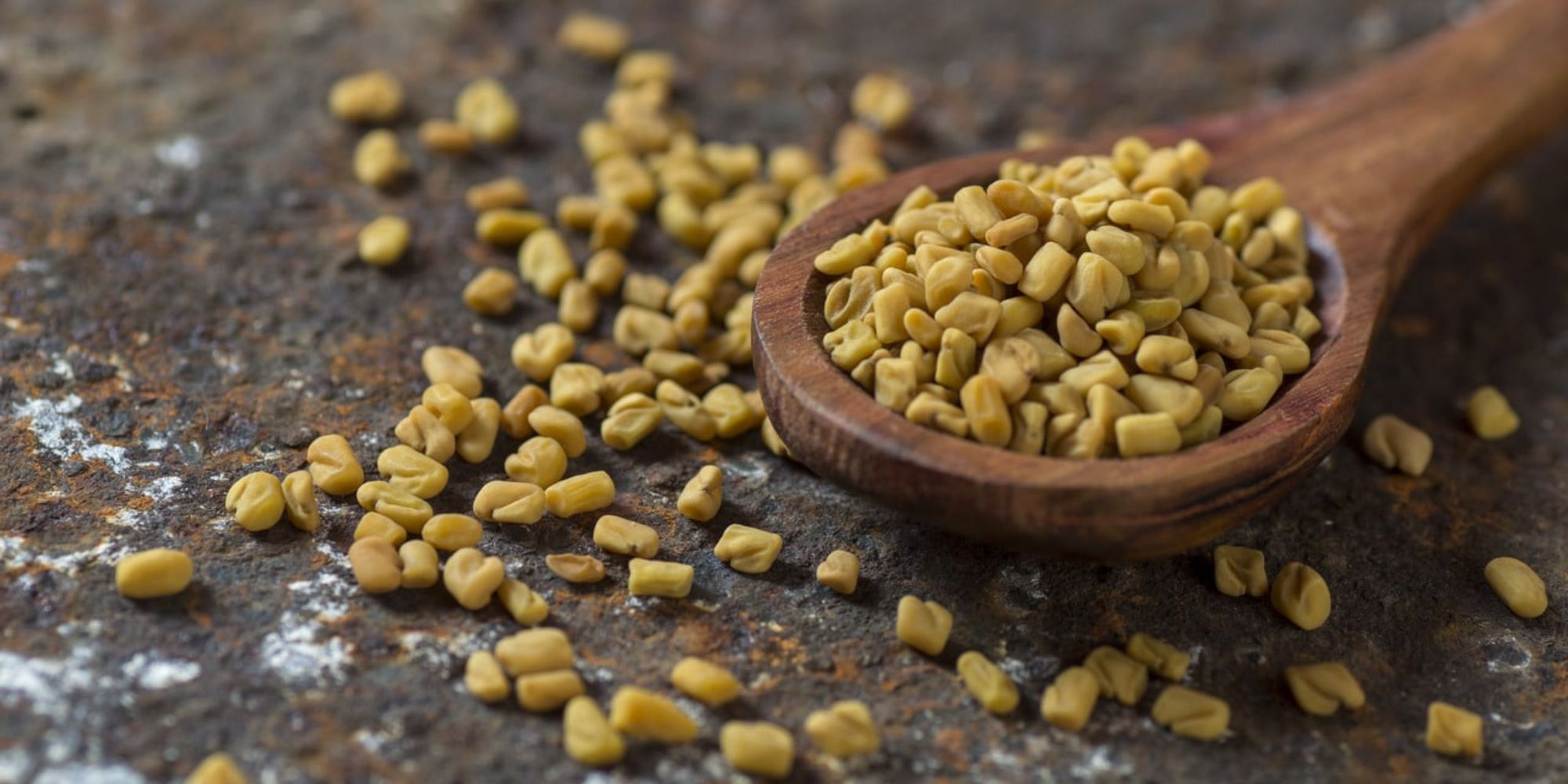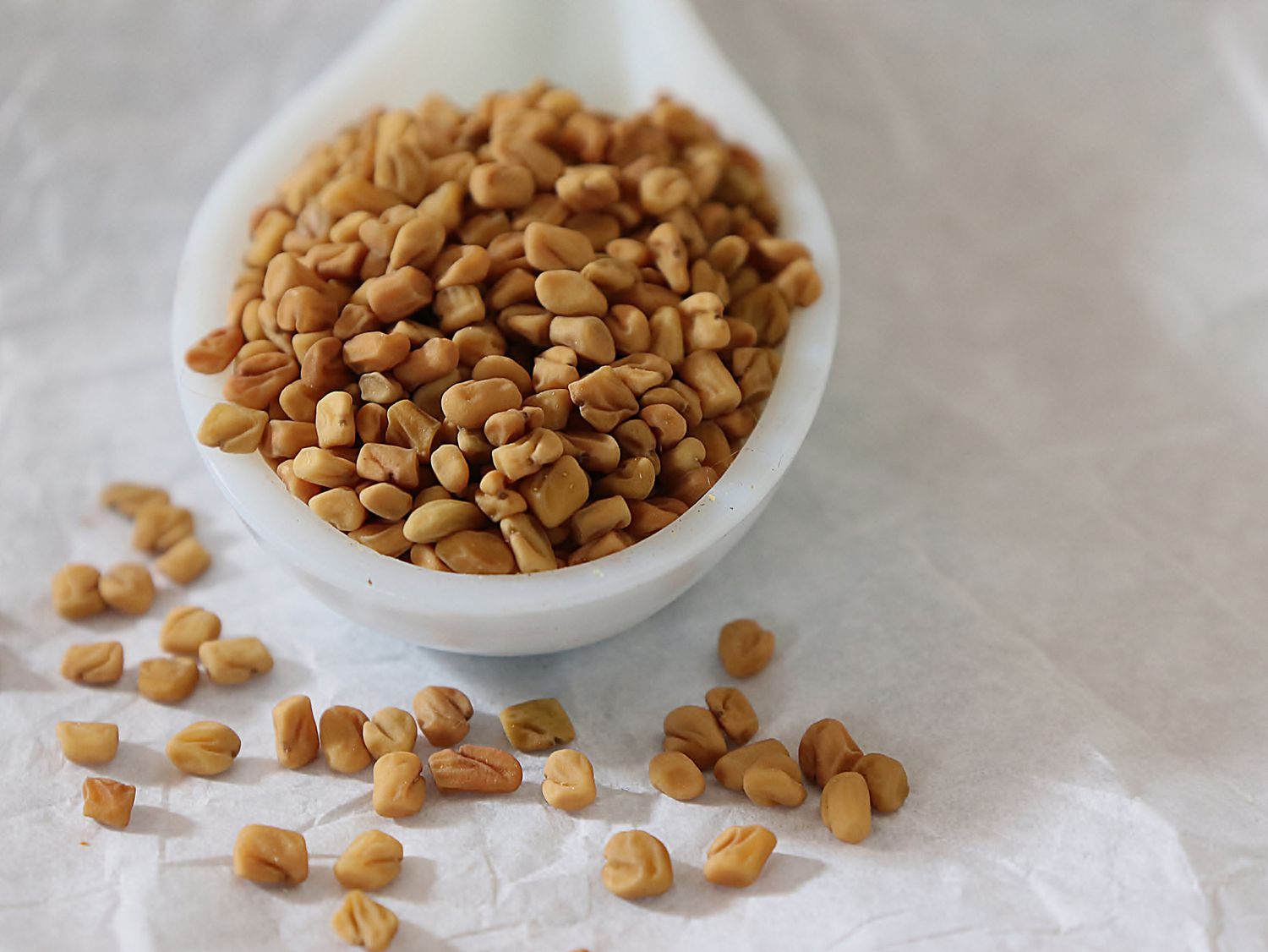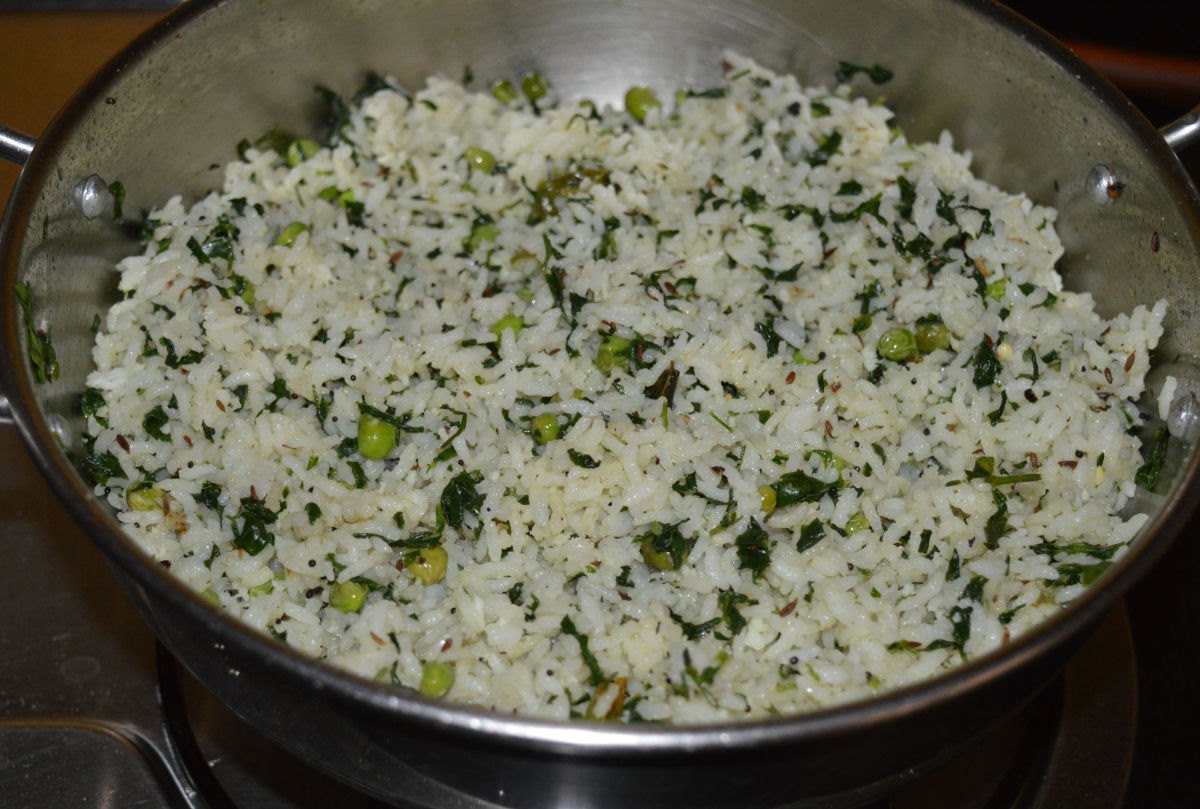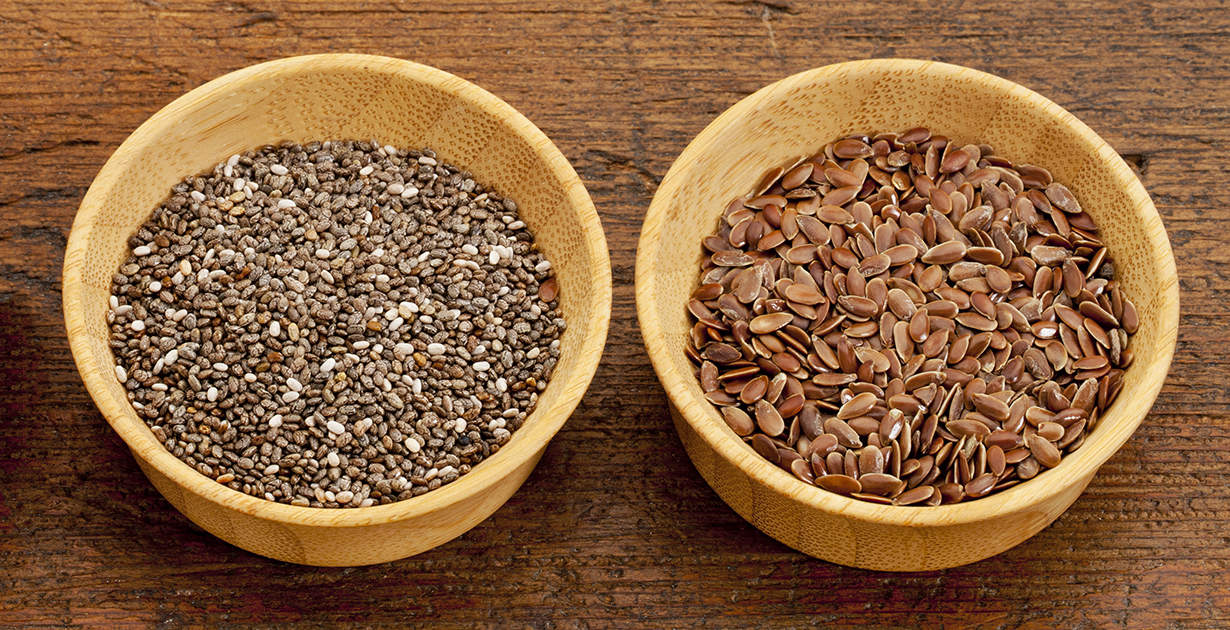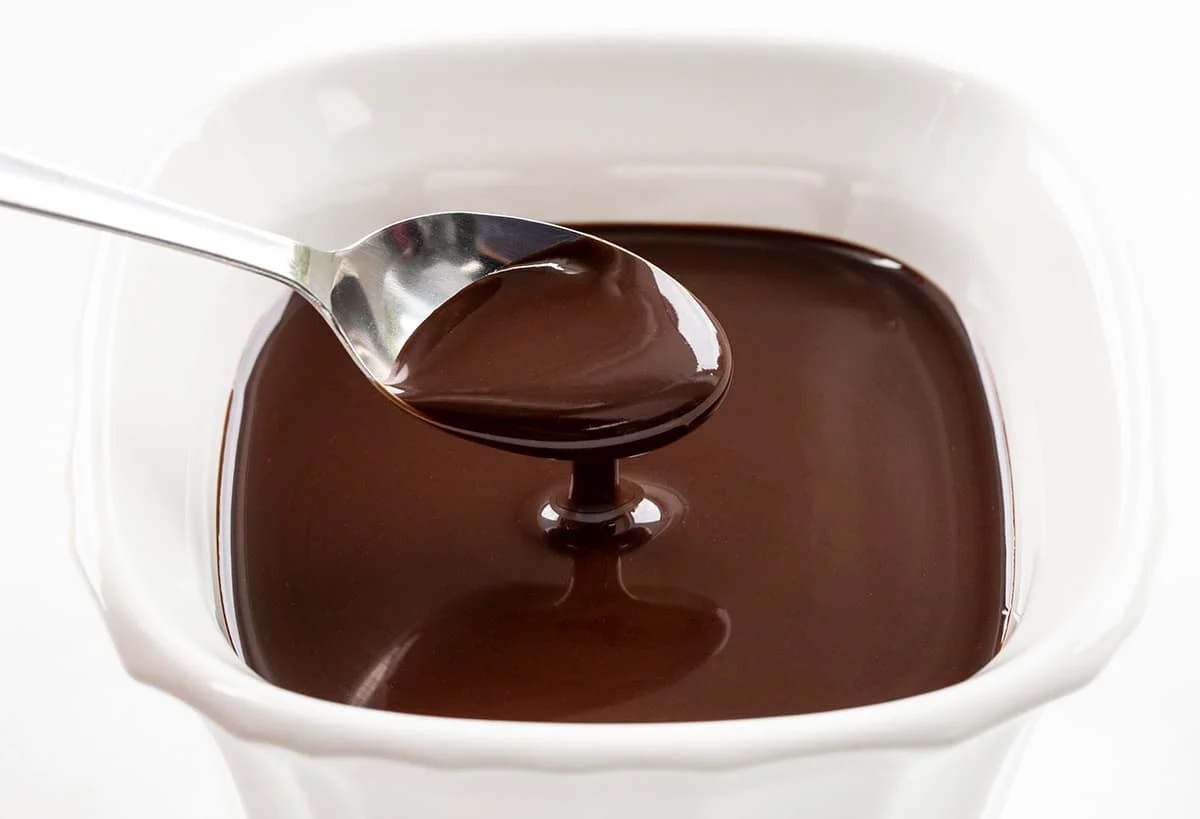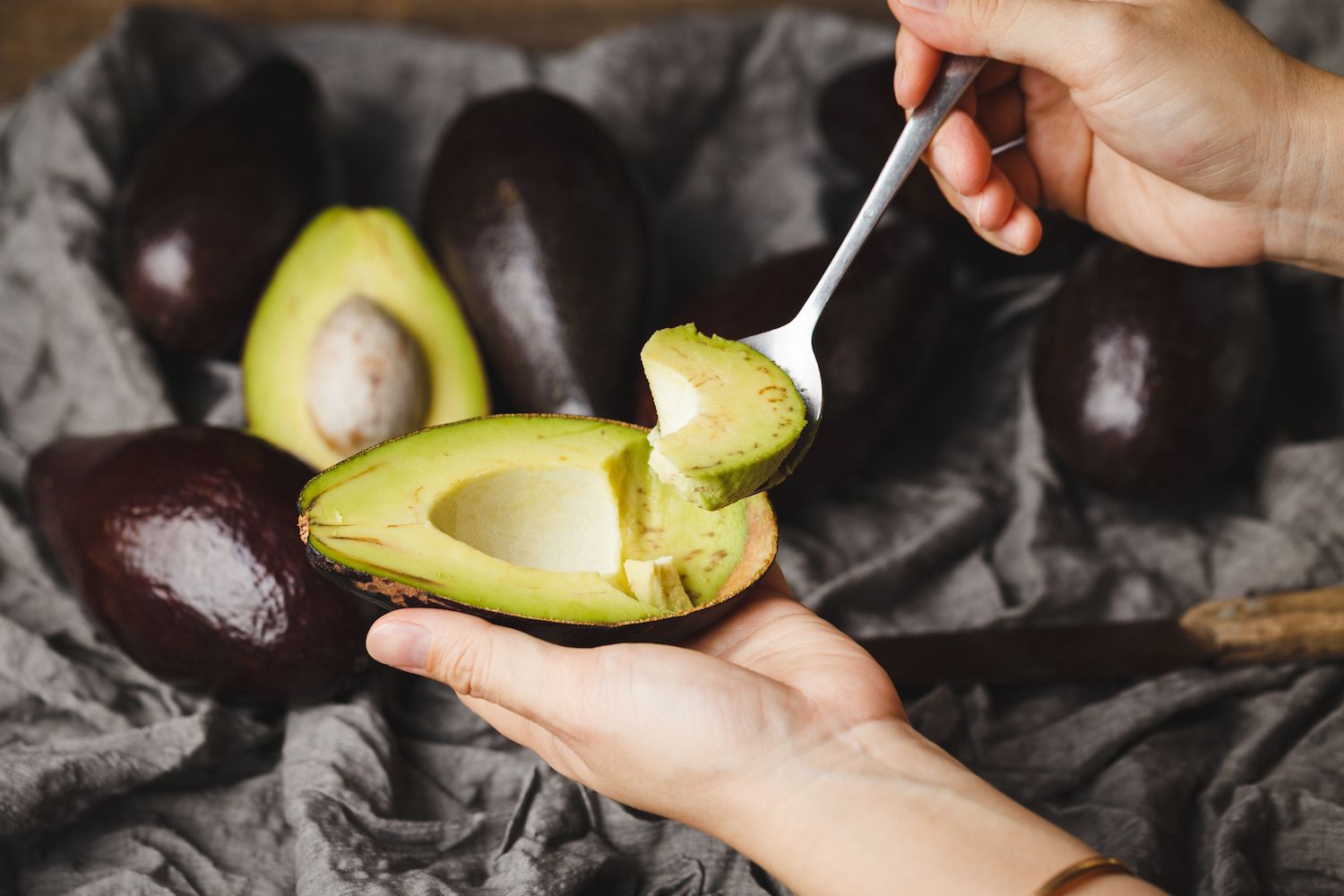Discover the Benefits of Fenugreek Seeds and How to Incorporate Them into Your Diet
Fenugreek seeds are a popular ingredient in Indian and Middle Eastern cuisine, known for their distinct flavor and numerous health benefits. These small, golden-brown seeds have been used for centuries in traditional medicine and cooking, and they are gaining popularity in the Western world for their potential health-promoting properties. If you’re curious about how to eat fenugreek seeds and incorporate them into your diet, read on to learn more.
Health Benefits of Fenugreek Seeds
Fenugreek seeds are rich in nutrients and have been associated with several health benefits, including:
- Improved Digestion: Fenugreek seeds contain soluble fiber, which can aid in digestion and help prevent constipation.
- Blood Sugar Control: Some studies suggest that fenugreek seeds may help lower blood sugar levels and improve insulin sensitivity in people with diabetes.
- Reduced Inflammation: The compounds found in fenugreek seeds have anti-inflammatory properties, which may help reduce the risk of chronic diseases.
- Increased Milk Production: For nursing mothers, fenugreek seeds are believed to help stimulate milk production due to their galactagogue properties.
- Heart Health: The fiber and antioxidants in fenugreek seeds may contribute to heart health by lowering cholesterol levels and reducing the risk of heart disease.
Ways to Eat Fenugreek Seeds
There are several ways to incorporate fenugreek seeds into your diet to reap their potential health benefits. Here are some simple and delicious ideas:
- Spice Blends: Fenugreek seeds are a key ingredient in many spice blends, such as curry powder and garam masala. Add them to your favorite recipes for a warm, slightly sweet flavor.
- Tea: Steep fenugreek seeds in hot water to make a soothing and aromatic tea. You can also add other spices like ginger and cinnamon for a flavorful twist.
- Sprouts: Soak fenugreek seeds overnight and then spread them in a thin layer on a tray. Rinse and drain them twice a day until they sprout, and then add them to salads or sandwiches for a nutritious crunch.
- Curries and Stews: Fenugreek seeds are a common ingredient in Indian curries and stews. They add depth of flavor and aroma to these hearty dishes.
- Smoothies: Grind fenugreek seeds into a fine powder and add a spoonful to your morning smoothie for an extra nutritional boost.
Precautions and Considerations
While fenugreek seeds offer many potential health benefits, it’s important to consume them in moderation. Some people may experience side effects such as digestive discomfort or allergic reactions. If you have any underlying health conditions or are pregnant or breastfeeding, it’s best to consult with a healthcare professional before adding fenugreek seeds to your diet.
Additionally, if you are taking medications, especially blood thinners or diabetes medications, be mindful of potential interactions with fenugreek seeds. Always talk to your healthcare provider before making significant changes to your diet or incorporating new foods or supplements.
In Conclusion
Fenugreek seeds are a versatile and nutritious ingredient that can be enjoyed in a variety of ways. Whether you’re looking to spice up your meals, support your digestive health, or explore new flavors, fenugreek seeds are worth considering as a valuable addition to your diet. By incorporating them mindfully and with consideration for your individual health needs, you can experience the potential benefits of these ancient seeds while savoring their unique taste and aroma.
Remember to listen to your body and consult with a healthcare professional if you have any concerns about adding fenugreek seeds to your diet. With a balanced approach, you can savor the goodness of fenugreek seeds and elevate your culinary and wellness journey.
